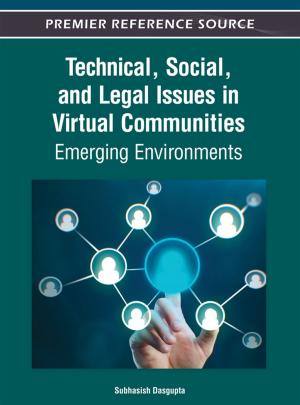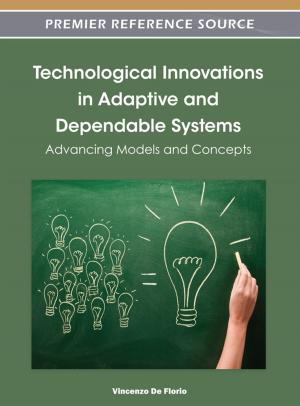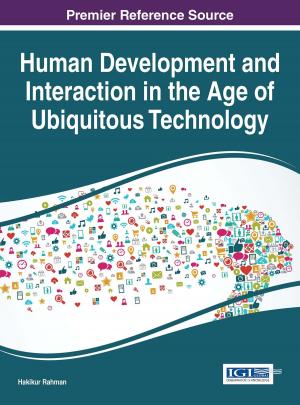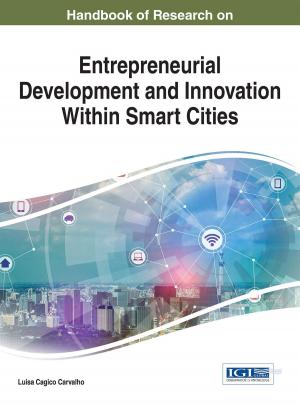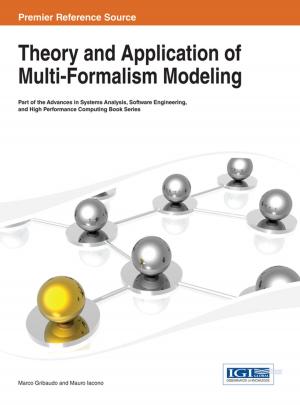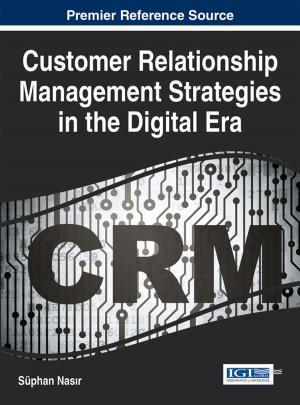Professional Education Using E-Simulations
Benefits of Blended Learning Design
Nonfiction, Reference & Language, Education & Teaching, Educational Theory, Adult & Continuing Education, Teaching, Computers & Technology| Author: | ISBN: | 9781466605671 | |
| Publisher: | IGI Global | Publication: | September 30, 2011 |
| Imprint: | Business Science Reference | Language: | English |
| Author: | |
| ISBN: | 9781466605671 |
| Publisher: | IGI Global |
| Publication: | September 30, 2011 |
| Imprint: | Business Science Reference |
| Language: | English |
The use of digital, Web-based simulations for education and training in the workplace is a significant, emerging innovation requiring immediate attention. A convergence of new educational needs, theories of learning, and role-based simulation technologies points to educators’ readiness for e-simulations. As modern e-simulations aim at integration into blended learning environments, they promote rich experiential, constructivist learning. Professional Education Using E-Simulations: Benefits of Blended Learning Design contains a broad range of theoretical perspectives on, and practical illustrations of, the field of e-simulations for educating the professions in blended learning environments. Readers will see authors articulate various views on the nature of professions and professionalism, the nature and roles that various types of e-simulations play in contributing to developing an array of professional capabilities, and various viewpoints on how e-simulations as an integral component of blended learning environments can be conceived, enacted, evaluated, and researched.
The use of digital, Web-based simulations for education and training in the workplace is a significant, emerging innovation requiring immediate attention. A convergence of new educational needs, theories of learning, and role-based simulation technologies points to educators’ readiness for e-simulations. As modern e-simulations aim at integration into blended learning environments, they promote rich experiential, constructivist learning. Professional Education Using E-Simulations: Benefits of Blended Learning Design contains a broad range of theoretical perspectives on, and practical illustrations of, the field of e-simulations for educating the professions in blended learning environments. Readers will see authors articulate various views on the nature of professions and professionalism, the nature and roles that various types of e-simulations play in contributing to developing an array of professional capabilities, and various viewpoints on how e-simulations as an integral component of blended learning environments can be conceived, enacted, evaluated, and researched.



